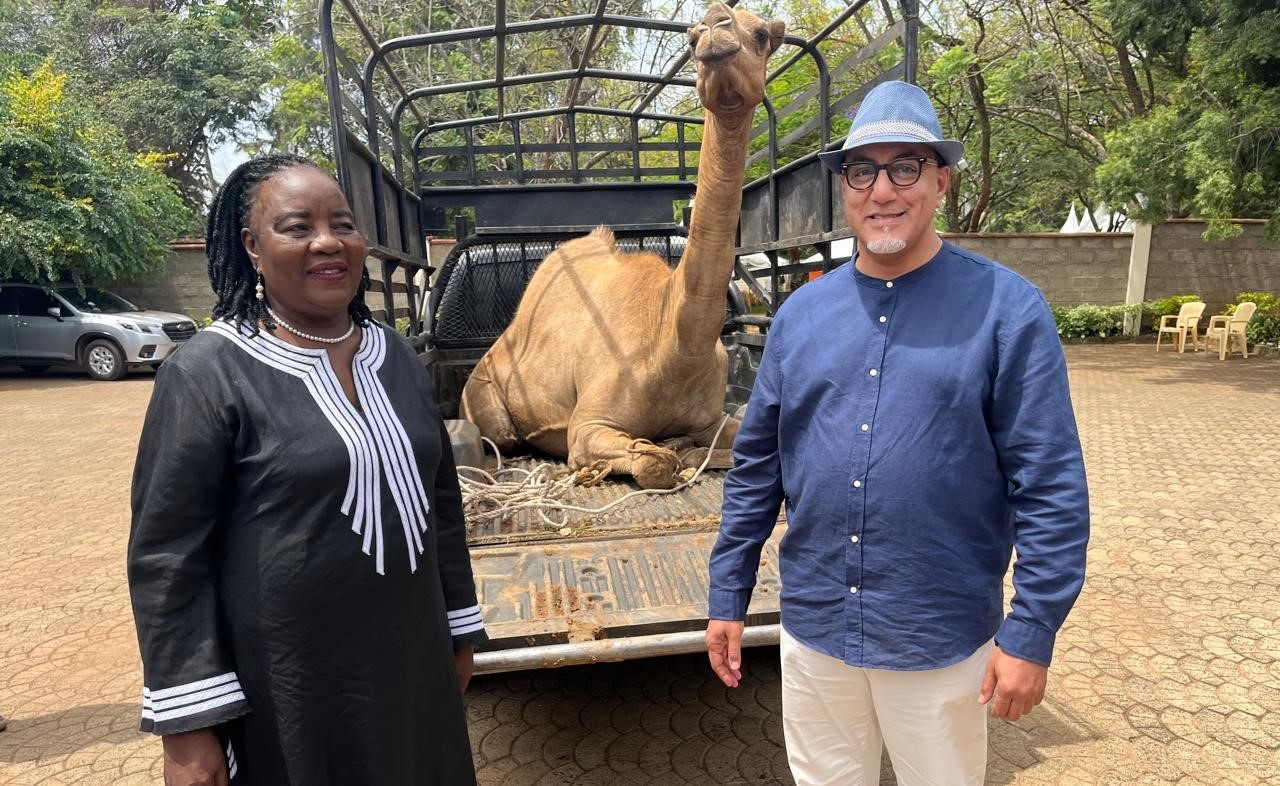County and national governments have been urged to support learners with disabilities by ensuring there is inclusivity in all schools.
Sense International Kenya director Richard Mativu said the lack of teachers who understand sign language in schools remains a big challenge in the country's education sector.
Speaking during the International Day of African Child at Ziwani School for the Deaf in Mombasa, Mativu said they work with the government and parents raising children with disabilities.
“This year’s International Day of the African Child theme is education for all children in Africa therefore the time to act is now,” Mativu said.
Sense International, which supports children with severe or complex disabilities, hopes that such learners will be enrolled in regular schools as opposed to special schools.
However, the current education system and curriculum do not meet the needs of special learners, which affects their performance in school.
“Learners with special needs do not excel in their exams not because they don’t understand but because of the education system that we have and this is something which needs to be addressed by the government,” he said.
"We want the government to spearhead training of Learner Support Assistants (LSA) and ensure they are taken in all schools to support children with disabilities.”
To achieve this, they have partnered with Kenya Institute of Special Education (Kise) to train teachers, parents and the community to become LSAs.
In the last two years, the organisation has seen 84 LSAs graduate. They are now working in over 100 schools across the country.
Faith Nyaboke, a programme officer at Sense International said most deaf children lag behind when it comes to language and have been left behind in education matters.
Nyaboke said many deaf children do not know sign language because they are usually taken to school late.
“As an organisation, we did a research and found out that late enrolment of these children to school contributes to their poor performance because many parents take the children to school when they are 10 to 14 years,” she said.
“So when they come to school, they find themselves behind compared to their fellow learners from other regular schools.”
Contrary to common assumption, language is not the same as speech. For a deaf child, learning language means knowing how to use signs.
As a result, children with impaired hearing may recognise things by sight, but fail to know their names.
“In our project where we support the children and schools to acquire language, we have trained LSAs through the 2018 sector policy which directs that regular schools need to have LSAs in order to help teachers and learners with disability acquire their education,” she said.
Nyaboke highlighted the plight of children with disabilities, citing discrimination from society. The community does not see the need for children with impairment to be enrolled in school, yet every child has a right to go to class and learn.
She added that so far, very few children with disabilities have been taken to school.
Additionally, schools that accept children with disabilities are very few. While these institutions have trained teachers, they face a challenge when learners increase.
When the ratio of children is high compared to the number of available trained teachers, the facilitators get overwhelmed and cannot effectively support learners.
“This is why we need LSAs in class for them to help teachers reduce their workload. We urge the government to employ LSAs in all schools so that they can support these children in class,” Nyaboke said.



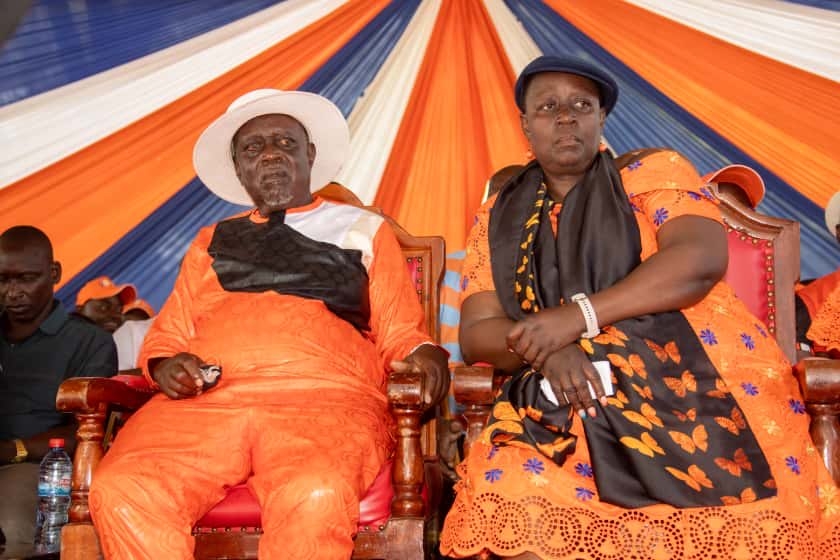
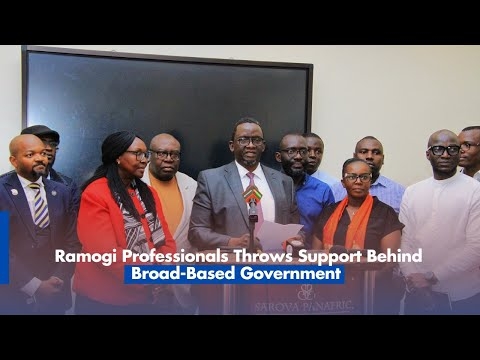

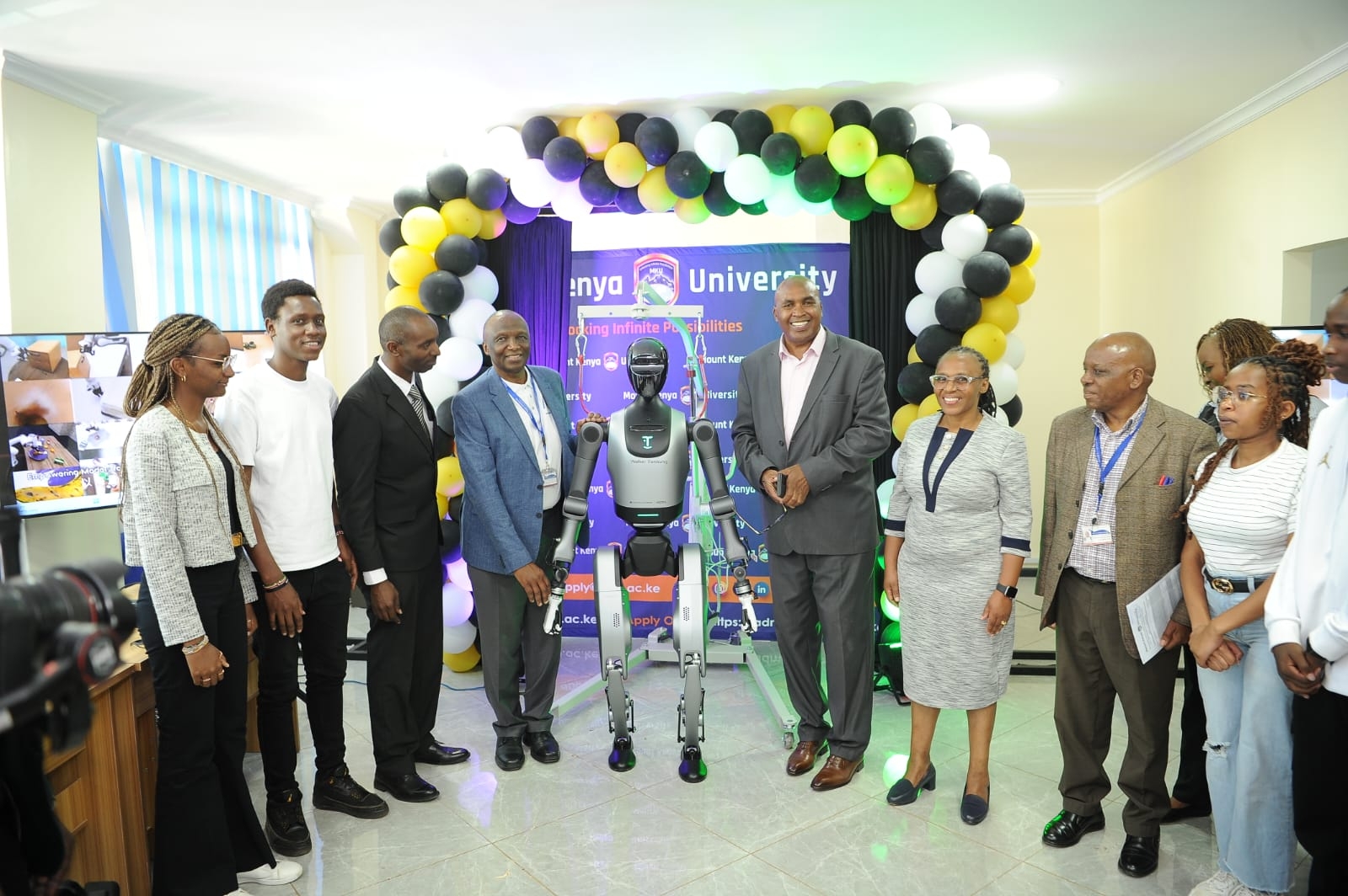


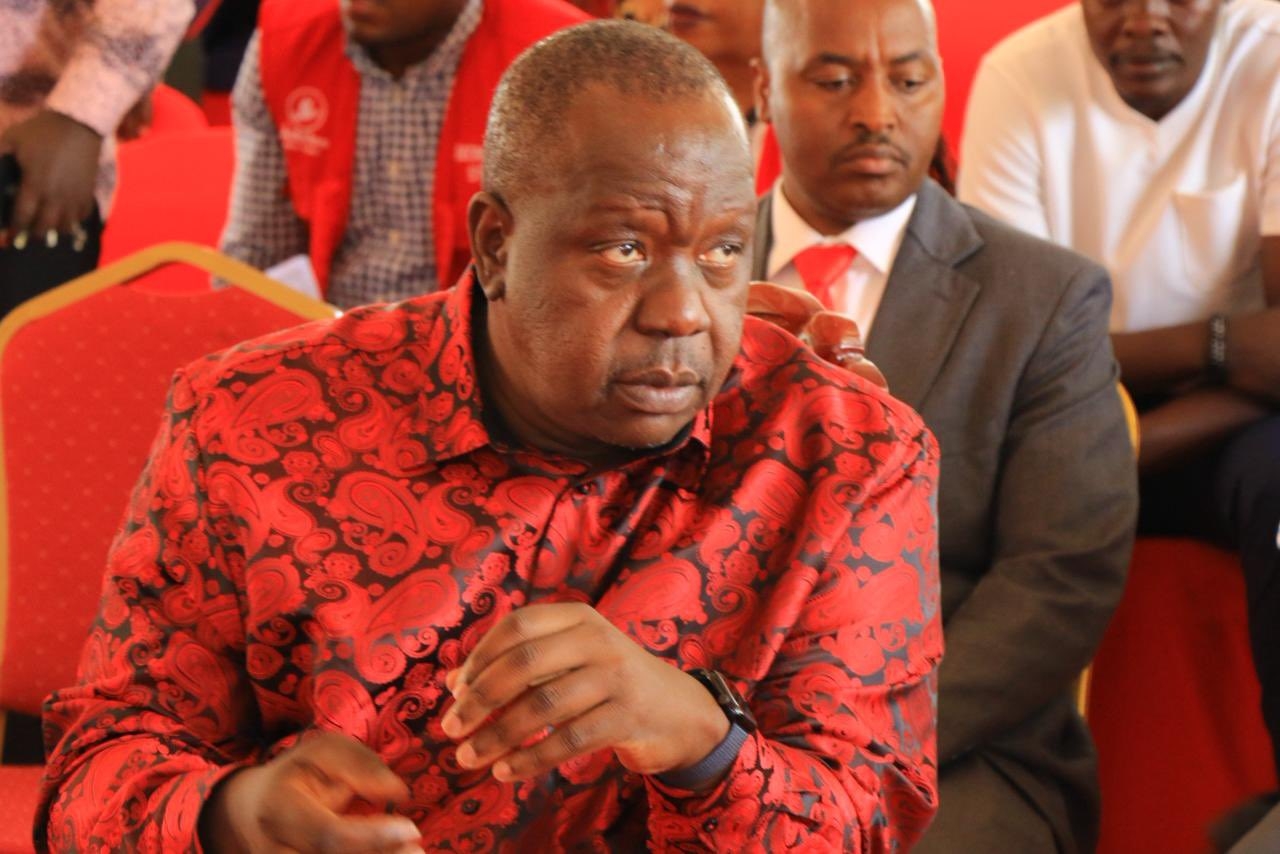
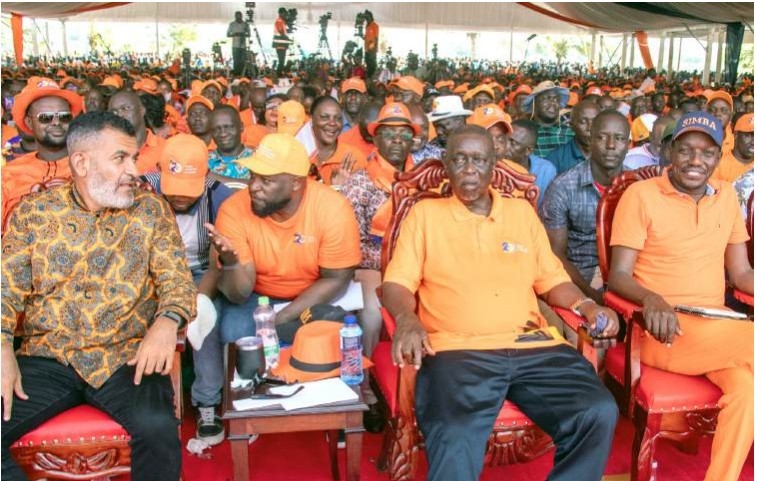

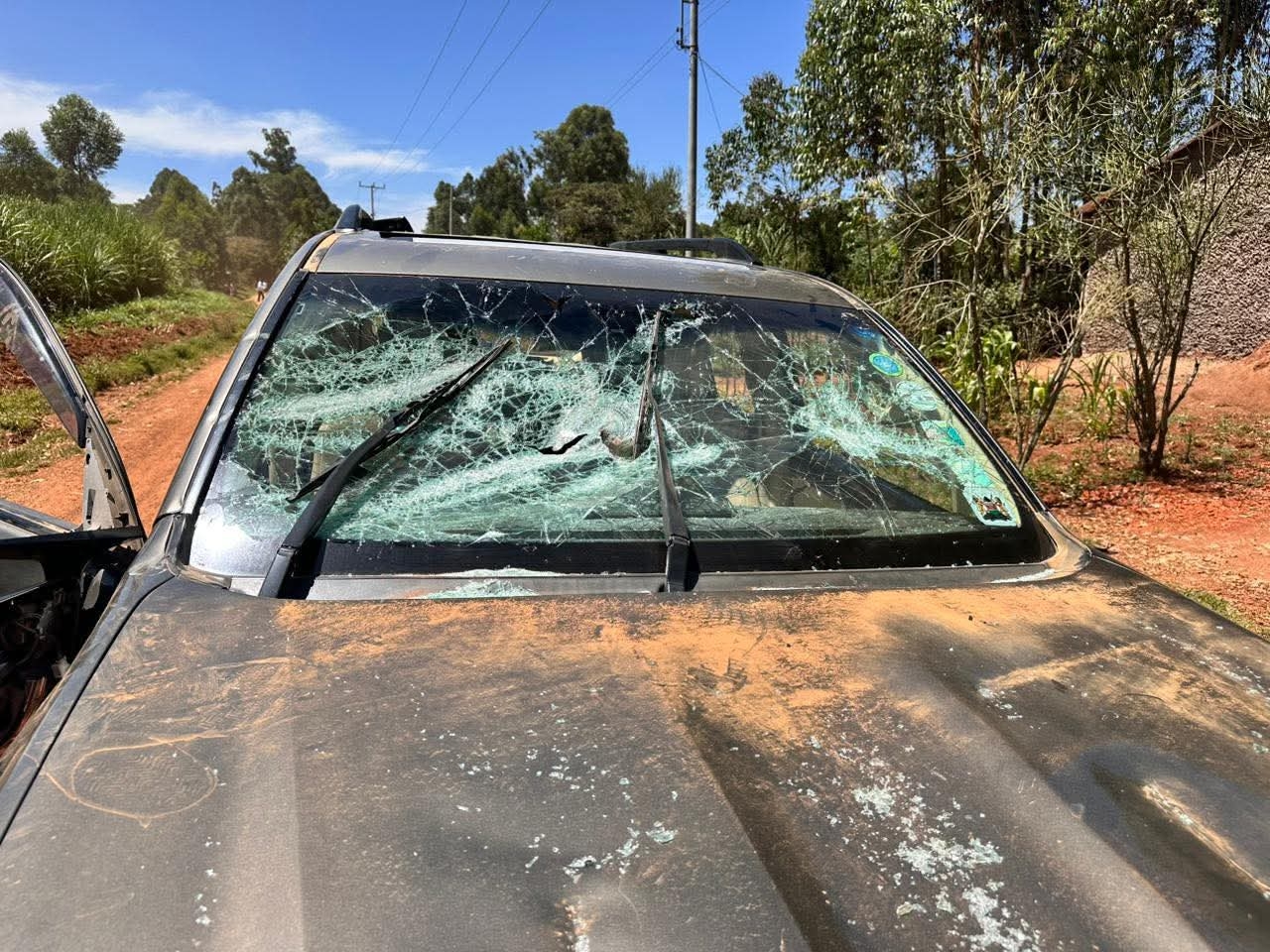
![[PHOTOS] Ole Ntutu’s son weds in stylish red-themed wedding](/_next/image?url=https%3A%2F%2Fcdn.radioafrica.digital%2Fimage%2F2025%2F11%2Ff0a5154e-67fd-4594-9d5d-6196bf96ed79.jpeg&w=3840&q=100)

